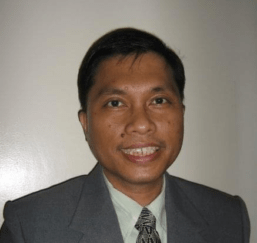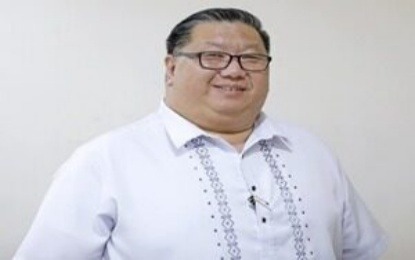OBLIQUE OBSERVATIONS
By Atty. Gilberto Lauengco, J.D.

Lucius Quinctius Cincinnatus was a statesman and military leader of the early Roman Republic. At one time, he was an absolute ruler and dictator of Rome. When he finished his term and achieved his goals, he gave it all up and retired to a simple life on a farm. When Rome needed him again, he gave up his plough and exchanged it for a sword to lead the Roman army and defeated the Aequi in three weeks of battle. After such a stunning victory, he could have returned to power and become Rome’s absolute ruler again, but instead, he gave it all up to return to his farm, claiming he had done his duty already.
The tale of Cincinnatus is often used as a model for civic virtue and selfless public service. Twice granted absolute political power, Cincinnatus held on to that power only up to the time it was needed and not a day longer. Some leaders have tried to follow the example of Cincinnatus. George Washington, the father of American democracy, was said to have refused a third term or even greater powers to return to his farm after his term as President.
It is said that it is almost impossible to resist the urge to maintain power. Once tasted, the allure of power is quite intoxicating and addictive. As such, politicians often find ways to extend their hold on power, including, but not limited to, drafting their immediate family into the world of politics.
Last week, three senators filed separate anti-dynasty bills that propose varying restrictions on relatives of incumbent officials. The senators cite political dynasties as the main cause for underdevelopment in some provinces and the weakening of checks and balances and political competition. Party-lists, too, have been seemingly taken over by political families. In light of the foregoing, the Philippine Institute for Development Studies (PIDS) has recently urged the Senate to harmonize the aforesaid anti-dynasty bills to make their passage more viable. PIDS has warned that unchecked dynasties “perpetuate inequalities.” According to PIDS, 87 percent of governors and 80 percent of district representatives come from so-called dynastic families. Among these families, there are 18 families with five or more family members holding multiple elective posts at the same time.
Some experts opine that it will be difficult to dislodge dynasties through legislative measures. In this light, perhaps an alternative approach can be taken. Perhaps, we can mobilize existing popular but qualified persons to run for office with no intention of setting up a dynasty. We have the example of Mayor Vico Sotto of Pasig, whose rise to power included dismantling an age-old hold on the mayoralty of Pasig. He has already indicated he will not run for office, and he has neither a spouse nor children who could be potential heirs to the post.
We need to develop and support the new model politician. Celebrities or their kin can be a shortcut. They need, however, to be programmed to follow the example of Cincinnatus. Perhaps, with a synchronized effort of many, including pragmatic down on the ground political experts, we can achieve a modicum of success.



